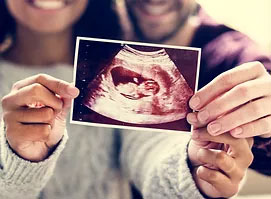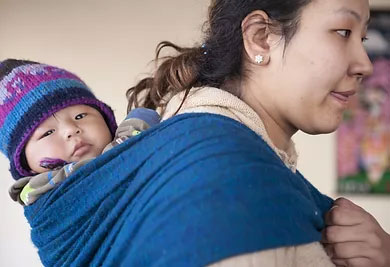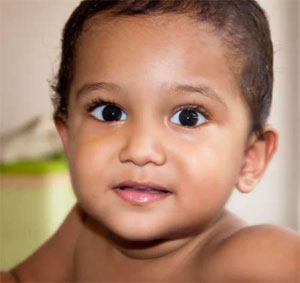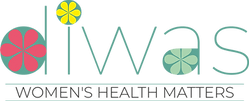THE FIRST 1000 DAYS
From pregnancy to two years
Why 1000 days? The 1,000 days that span a woman’s pregnancy (270 days) and the child’s 2nd birthday (365x2= 730) offer a unique window of opportunity to build a healthier future. Research in the fields of neuroscience, biology and early childhood development are proof that nutrition, relationships, and physical and social environments in the first 1000 days from pregnancy to the child’s 2nd birthday shapes future health outcomes for both the mother and child.
Are mother and child well nourished, are they mentally and physically thriving?
Answers to these questions are determinants impacting the child's ability to grow and stay healthy.
Lack of sufficient nutrition or poor nutrition in the first 1,000 days can cause irreversible damage to a child’s growing brain, affecting her ability to succeed in school, which in turn will have a tremendous impact on her ability to earn a livelihood, nurture her own family. This can also be the initial marker for obesity, diabetes, and other non-communicable diseases later in life.
What can you do?
Pregnancy preparedness is the bedrock of future health for you and your baby. Use our pregnancy preparedness resources (https://u-beready.com) to assess where you are on the ‘readiness’ scale and empower yourself with more knowledge in building a healthy future for you and your baby.
Did you know?
- A baby “eats” what the mom eats during pregnancy. You are the source of nutrients for your baby.
- You need a balanced diet that includes foods rich in folic acid, iron, protein and vegetables to support the baby’s growth and brain development
- Your child’s predisposition to certain diseases and overall health is shaped by your nutrition
- Getting ready for the pregnancy with the right vaccinations, pre-pregnancy correction of anemia, Vitamin B12 and D deficiencies, eating healthy and being active, ruling out diabetes, high blood pressure, thyroid disorder etc. will go a long way in making your pregnancy the happy journey that you always wanted.



The first one year
Breastfeeding a is the best way to get a healthy start for your baby. Breastfeeding has far reaching benefits for the baby by providing vitamins, calories and all the essential nutrients that the baby needs. Breast milk is also a source of antibodies that fight off infections and builds a baby’s immunity.
Studies show that breastfeeding protects babies against pneumonia, respiratory infections, diarrhoea and can even lower the risk of developing obesity later in life. Breastfeeding offers powerful benefits not just for the baby but also for the mother. Women who breastfeed are at a lower risk develop type 2 diabetes, heart disease, breast cancer and ovarian cancer. Breastfeeding will also allow mothers to get to their pre-pregnancy weight.
Did you know?
- If you breastfeed, your baby needs no other nutrition in the first 6 months as breast milk has also the nutrients required. After 6 months, babies should be started on solid foods including vegetables, fruits and protein.
- Higher IQ in a baby is linked to breastfeeding for a longer time period.
- Improved immunity and lowered risk for disease in later life are benefits of breastfeeding for both mother and baby
The Second year
The transition from year 1 to year 2 showcases a phenomenal amount of growth and development in children. Mothers will see huge changes in their child’s language and motor skills. What children are fed in these 1000 days will shape their eating habits for the rest of lives. Their future health is in your hands.
Introducing variety and balance in nutrition is critical to getting your child acclimated to good eating behaviours and habits. Unhealthy eating habits is cause for concern, especially in today’s changing social context and this has resulted in a significant jump in obesity in toddlers and young children. Children who are overweight or obese are much more likely to be obese as adults and are at increased risk for serious health problems in their adult lives. Encourage and engage your child in activities that allow them to be physically active.

Did you know?
- How critical a balanced and nutritious diet is for a toddler and how it influences their growth, IQ and overall eating and health habits in the future?
- Children observe and learn from their parents and peers. Your eating habits, choice of foods and attitudes toward exercise and fitness will be a key influencer in your child’s future.
- Age-appropriate vaccination in conjunction with optimal nutrition and physical activity are the best preventative steps for illnesses and also sets the tone for your child’s future health. Ensure your child is vaccinated as recommended by your doctor.

